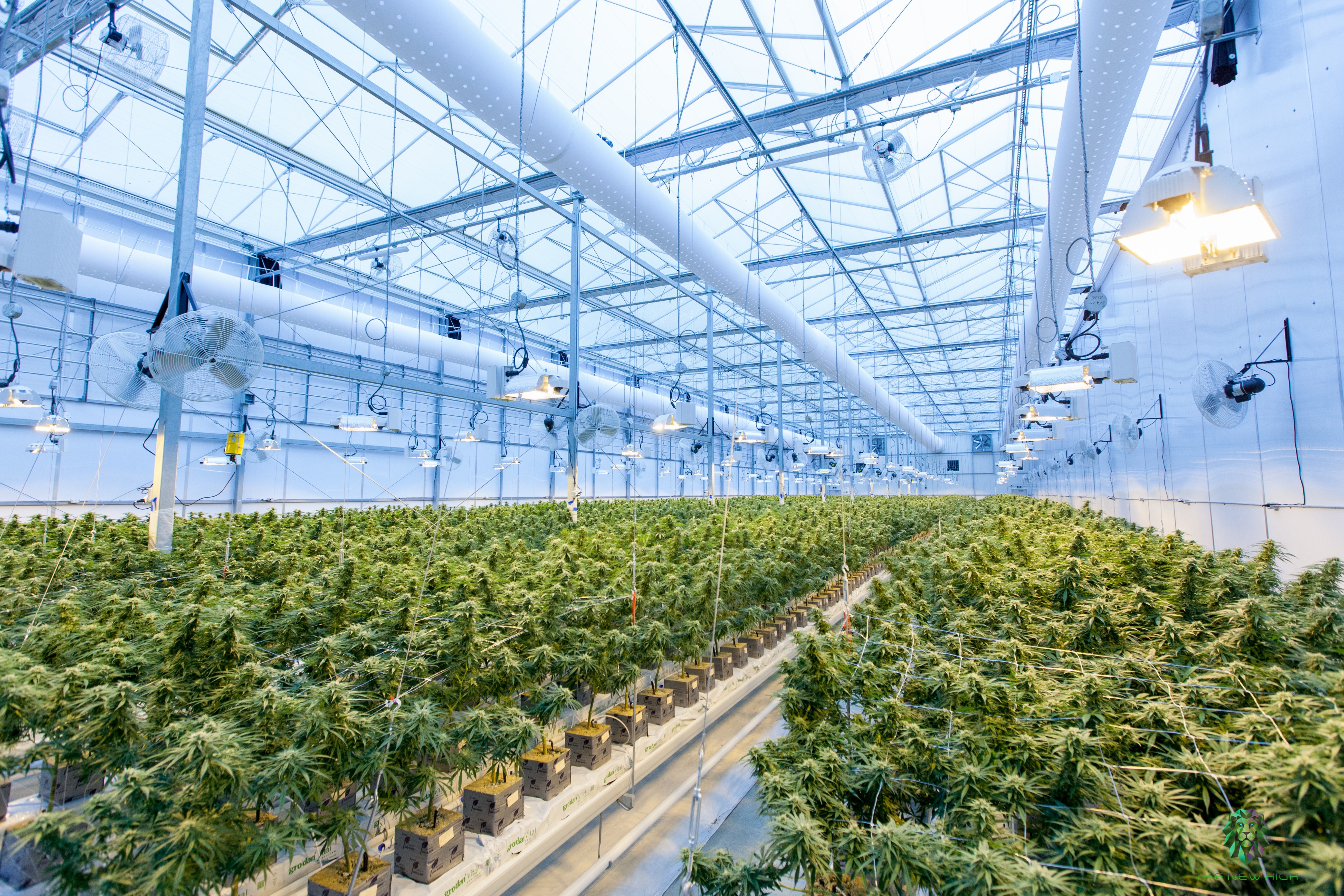California legalized cannabis for good reasons — but it isn’t reaping significant rewards because its regulations aren’t as practical as they could be.
Despite its reputation as the center of the cannabis revolution, California has struggled to manage a successful legal recreational cannabis industry. Since the state first approved regulations in 2016 until now, the cannabis industry in California has stagnated — even though the number of regular cannabis users continues to increase.
Though California lawmakers place the blame for the relative failure of their legal industry on the persistent cannabis black market, the truth is that a black market for cannabis would not exist if the state’s regulations better catered to the needs of the public. Here are a few ways California might change its laws and regulations to kill the criminal cannabis industry and help legal businesses flourish:
Cannabis Taxes Are Too High
A compelling reason for states to pass recreational regulations is for a boost to tax revenues. Just as alcohol and nicotine products are typically subject to additional tolls like luxury taxes, sin taxes and excise taxes, recreational cannabis is subject to additional taxation. Most states take full advantage of the opportunity to increase tax revenues — but by all accounts, California takes it a bit too far.
Instead of imposing one or two additional taxes on cannabis, California aggressively taxes every stage of cannabis sales, from cultivation to sale. Consumers typically see three types of taxes on their dispensary receipts: an excise tax, a sales tax and a local tax. The rates of these taxes are subject to change by the whims of state, county and local governments; currently, the excise tax is 15 percent, the sales tax is somewhere between 7 and 10 percent, and the local tax is usually 10 percent.
However, how much consumers pay is affected by the base price of the weed — which again is affected by taxes and fees imposed by the government on cannabis businesses. Cultivators are subject to taxation as well, charged a flat rate per ounce of flower, leaves and/or trim they sell or transport. Retail stores must constantly make various payments to the state to maintain their licenses. To recoup these costs, dispensaries set the price of California weed much higher than it is in the rest of the country, and the taxes imposed at purchase only inflate the costs to consumers.
Most recreational users can find cannabis at a much more affordable rate on the street, from black market dealers. California needs to consider reducing its taxes, at least on the end consumer if not overall, to drive more traffic into dispensary doors.
There Aren’t Enough Dispensary Licenses to Go Around
In an attempt to keep cannabis consumption under control and away from communities of kids and families, California and its cities have restricted the number of recreational dispensaries that can open in certain areas. It does this by controlling the availability of retail cannabis licenses and by zoning restrictions to confine dispensaries to specific parts of cities.
Unfortunately, this interferes with the free market, affecting supply and demand in a negative way. If there are too few dispensaries to serve a certain population, those dispensaries are compelled to drive their prices up, which means legal weed is only available to those Californians who can afford it. Thus, most Californians look for weed from less-than-legal sources.

What’s more, a restricted number of licenses typically means that only wealthy, white and well-connected entrepreneurs have the opportunity to capitalize on the lucrative cannabis industry, keeping BIPOC working out of the black market. By increasing the number of available licenses — and investing in social equity programs that ensure a greater diversity of cannabis business leaders — California can break apart the black market for weed and build stronger BIPOC communities.
Interstate Cannabis Commerce Is Illegal
California has been among the world’s top cannabis producers for decades, but world-class cultivators cannot fully capitalize on their crop thanks to federal law, which makes interstate cannabis commerce illegal. Though plenty of states with medical and recreational programs could benefit from California’s potential cannabis surplus, fear of criminal prosecution from the Feds keeps states and businesses from working together for mutual gain.
Working to change federal cannabis regulations is a good step toward improving California’s cannabis industry, for producers and consumers alike. However, California might also opt to sign an interstate compact, like that in development by the Alliance for Sensible Markets. There is some precedent that an interstate compact could overrule federal law and open up trade between states without the Federal Government’s interference. This would boost job creation and relax regulations across state lines, allowing Californians using cannabis greater freedom.
California legalized cannabis for good reasons — but it isn’t reaping significant rewards because its regulations aren’t as practical as they could be. By paying closer attention to how the population is reacting to existing cannabis law, California can become a more productive, more profitable state for pot.


Join the conversation!